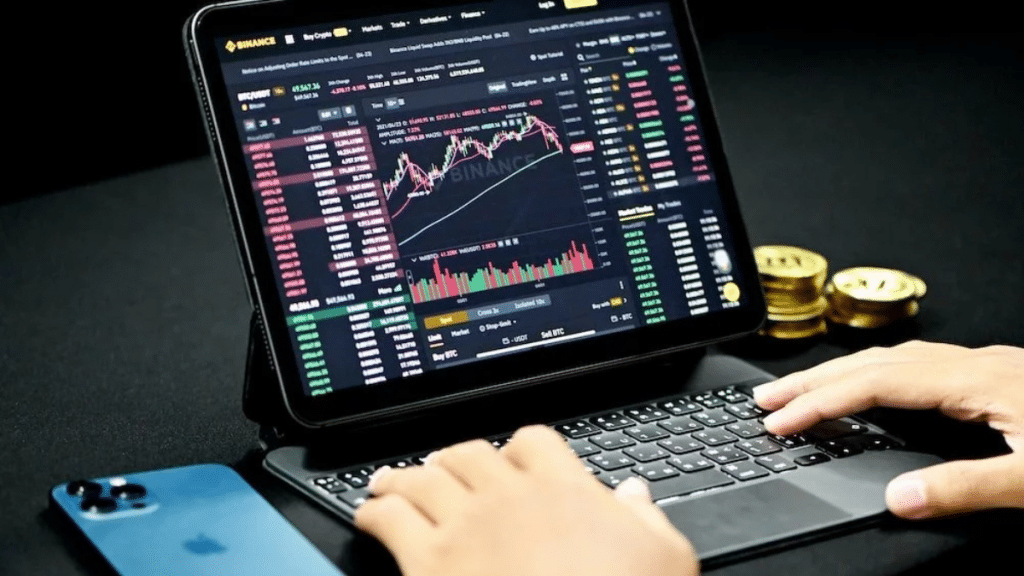Choosing the right forex account type for prop trading is the foundation for a trader’s success. The best account type matches your trading strategy, risk tolerance, and experience, helping you maximize prop firm capital and stay within the firm’s requirements. As Forex prop firm opportunities continue to grow, traders have more choices than ever to find an account setup that supports their specific goals and style.
Each prop trading account type offers different features, such as leverage levels, spreads, and available instruments. This is why it’s important for traders to weigh their options carefully, especially when joining platforms that provide funded accounts and step-by-step trading challenges.
Understanding Forex Prop Trading Account Types
Forex prop trading firms offer various account types to match traders’ risk preferences and strategies. The features, requirements, and fee structures of these trading accounts affect how participants trade and manage their capital.
Standard Accounts
A standard account is the most common trading account type offered by both brokers and prop firms. These accounts typically allow trading in standard lot sizes of 100,000 base currency units. Standard accounts often feature tighter spreads and more consistent execution, making them suitable for experienced or professional traders.
Traders using standard accounts may benefit from lower trading costs per unit compared to smaller account types. However, the higher minimum trade size exposes the trader to greater risk, making proper risk management essential. In a prop trading environment, standard accounts can also allow faster access to larger amounts of capital, but some firms might require a more thorough evaluation due to the increased leverage and size.
Mini and Micro Accounts
Mini and micro accounts allow traders to access the forex market with much smaller lot sizes. A mini account typically represents 10,000 base currency units per lot, while a micro account offers 1,000 units per lot. These account types lower the cost of entry for new traders.
With smaller position sizes, mini and micro accounts can help reduce overall risk exposure. This makes them popular among beginners or those testing new strategies before scaling up to standard accounts. Some prop firms offer these account sizes during their evaluation phase to help traders demonstrate consistency before moving to larger funded trading accounts. These accounts generally have higher spreads and fees than standard accounts but offer valuable flexibility. The ability to make incremental trades helps traders control their risk and refine their approaches without facing large losses.
Islamic and Swap-Free Accounts
Islamic and swap-free accounts are designed to comply with Sharia law, which prohibits earning or paying interest (riba). In forex trading, this means the account does not charge or earn overnight swap fees on positions held past the market close.
Such account types are essential for traders who want to adhere to religious principles while accessing forex prop trading opportunities. Prop trading firms offering Islamic or swap-free accounts ensure all transactions comply with these requirements, sometimes by charging a flat commission instead of interest-based rollover fees. These accounts are suitable for both short-term and position traders who require religiously compliant financial solutions. It’s important to check if a prop firm supports swap-free or Islamic accounts before applying, as not all firms offer this option.
How To Choose the Right Forex Account Type for Prop Trading
Selecting the ideal forex account type for prop trading requires attention to account structure, profit potential, and risk limits. Consider how each option matches the trader’s capital, skill set, and the proprietary trading firm’s requirements before making a decision.
Assessing Your Trading Goals and Capital
The first step is determining key financial goals, available capital, and trading experience. Prop trading firms offer account types such as evaluation-based accounts with challenge phases, instant funding options, and scaling plans each with unique entry requirements.
Traders seeking fast access to trading capital may prefer instant funding accounts, which do not require a challenge phase but may involve higher evaluation fees or stricter trading rules. Others may opt for traditional evaluation accounts which test discipline, consistency, and profitable trading strategy over a period, leading to long-term access to funded accounts and potential scaling opportunities. Understand the minimum capital requirement for each prop firm account type, as well as maximum buying power, leverage, and profit targets. Confirm if the profit split offered aligns with long-term financial objectives and how it compares among other firms.
Evaluating Risk Management Features
A proprietary trading firm’s approach to risk control is critical for protecting capital and encouraging trading success. Expect detailed rules about risk exposure, drawdown limits, and maximum risk per trade.
Review scaling plans if available, since scaling opportunities depend on staying within risk tolerance guidelines and steadily increasing account size. Well-structured risk controls may also include close-out protocols, position size restrictions, and minimum trading days to support long-term growth.
Conclusion
Choosing the right forex account type for prop trading means focusing on compatibility with trading style, risk tolerance, and goals. Each account type brings different benefits and obligations, shaping a trader’s path to success. Selecting the right fit requires careful consideration of both personal needs and firm offerings. Traders who assess these elements closely are more likely to find a sustainable and growth-oriented trading setup.

